
They say, “You are what you eat.” If true, many American diets are alarming. Popular U.S. foods contain ingredients linked to diseases and health issues yet remain on shelves. While numerous nations have banned these sketchy edibles, America keeps serving them up. Let’s expose 15 beloved American foods kicked off of grocery aisles abroad for good reason.
Death Dish? The Tasty Treat Europe Thinks Is Toxic
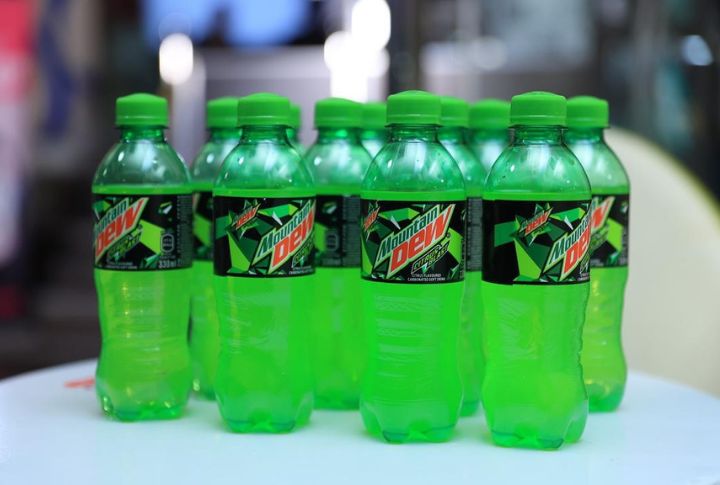
Mountain Dew contains a controversial ingredient called brominated vegetable oil. This oil is a flavor enhancer but may cause nerve damage and memory loss. It has been banned in Europe and Japan.
The Chicken Trick That Will Make You Sick
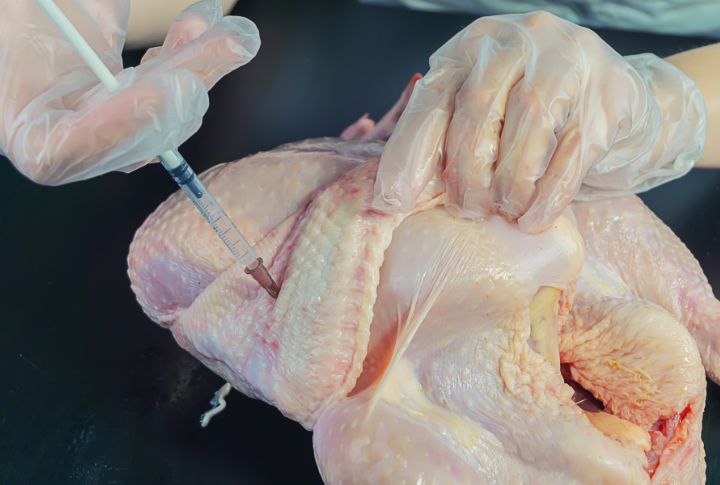
Federal inspectors allow “enhancing” chicken by injecting it with salt water and carcinogenic phosphates to plump it up and extend its shelf life. This deceptive practice is outlawed across the European Union.
You’ll Go Green Knowing What’s in This Bright Candy
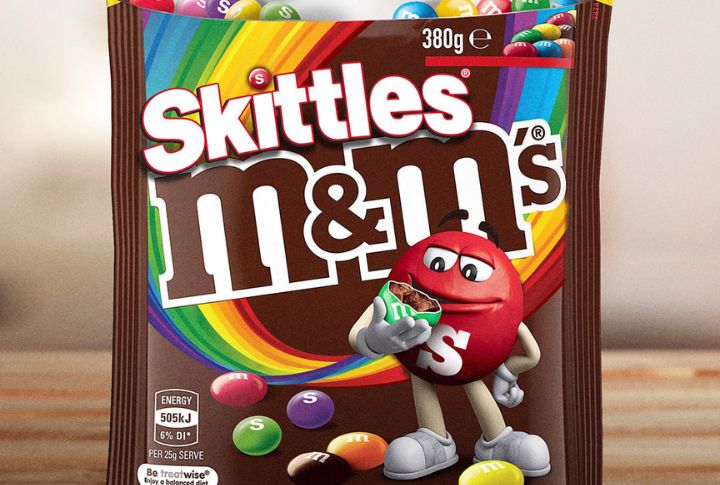
Bright green candies like Skittles and M&Ms often get unnatural hues from insect-derived red dye made from crushed female cochineals—dried bug juice! It has been banned across Europe.
This Kiddie Favorite Might Be Rotting Their Bones
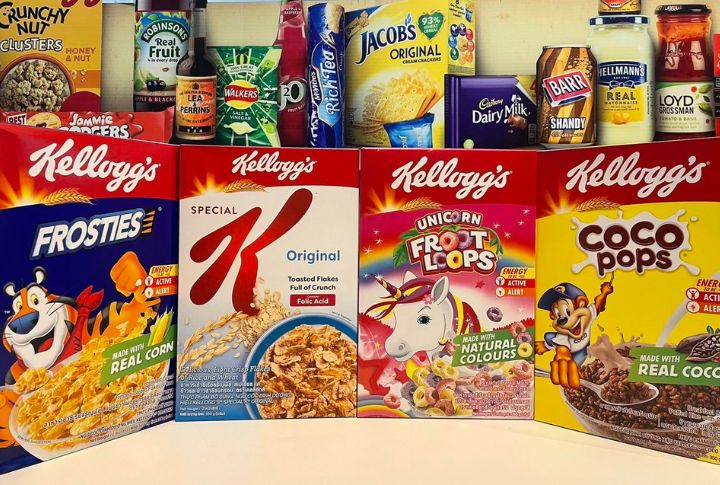
Many breakfast cereals for children contain synthetic colorings, such as Red #40 and Yellow #5, which may increase hyperactivity and weaken bones. Most European nations have banned these petrochemicals from all foods.
The Yoga Mat Bread That’s No Joke
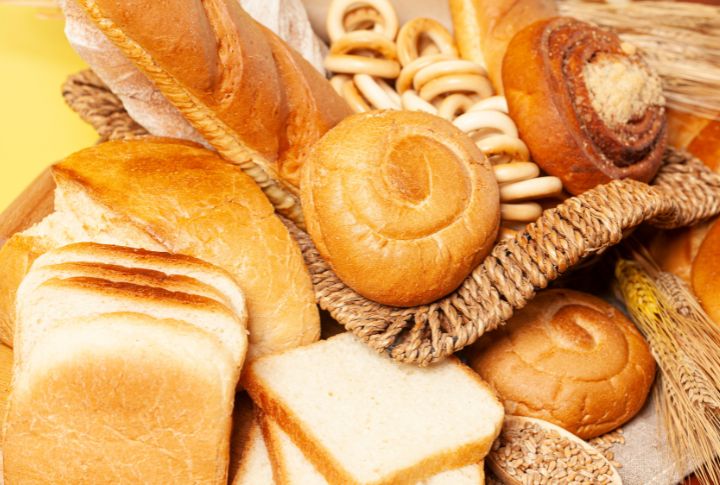
The U.S. allows baked goods to contain chlorazidicarbonamide, a chemical found in yoga mats and shoe rubber. However, this “con dough” agent is banned as a food additive across Europe.
You May Beef With This “Lean” Meat Padding
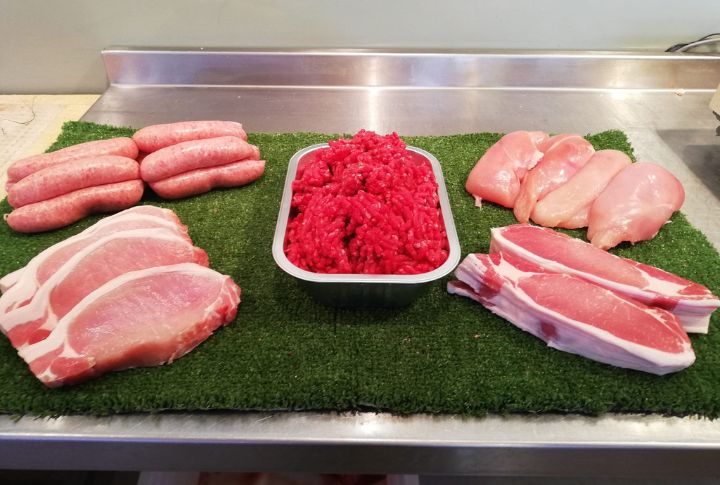
Meat glue, or transglutaminase, binds meat scraps and trimmings to create “lean” fillers, reducing fat content in beef products. However, it is restricted in the EU due to concerns over potential health risks and misleading labeling practices regarding meat content.
Gooey “Plastic Milk” You’ll Wish Was Fake
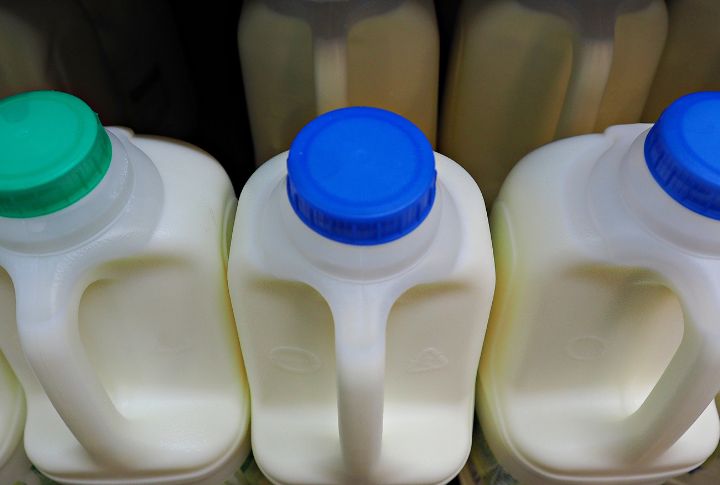
Many dairy farms inject cows with a synthetic hormone called rBGH to increase milk production. The resulting “Franken-milk” is banned in Canada, Japan, and Europe due to cancer fears.
Who Knows What’s Growing in That Chicken Cloaca?
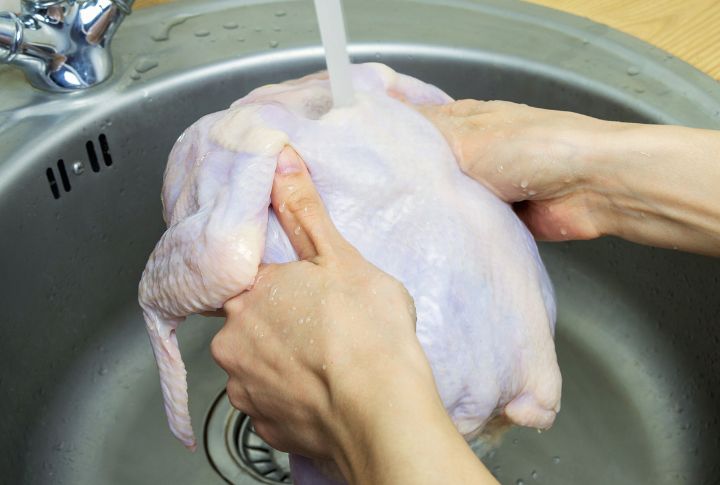
While Europe bans cleaning chickens with chlorinated baths, the U.S. allows this unsanitary practice, which allows contaminated chicken to reach dinner plates with bacteria like salmonella.
Farm-Bred Drugs That Don’t Belong on Your Plate
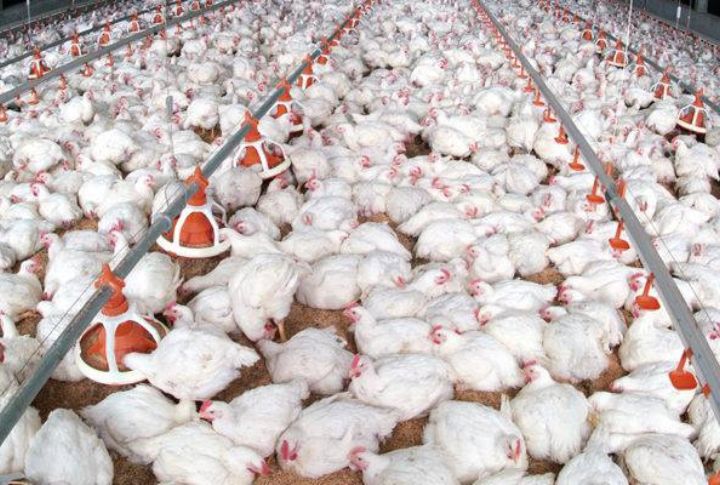
European farmers are prohibited from routinely feeding antibiotics to healthy livestock, but this is common practice in U.S. factory farms. These medications can breed antibiotic-resistant bacteria.
Deep-Fried Cancer Hazard
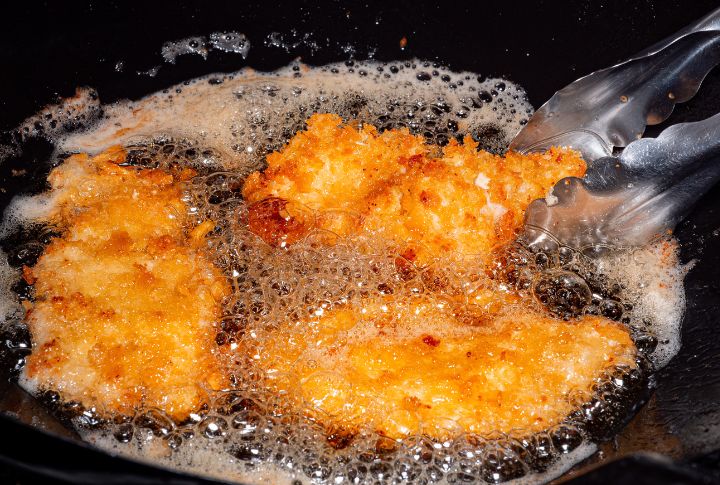
Partially hydrogenated oils (a.k.a. trans fats) used for frying are banned across Europe and many other nations due to increasing risks of heart disease and obesity. But they’re still common in American fried foods.
Sugar Bread With a Spooky Glow
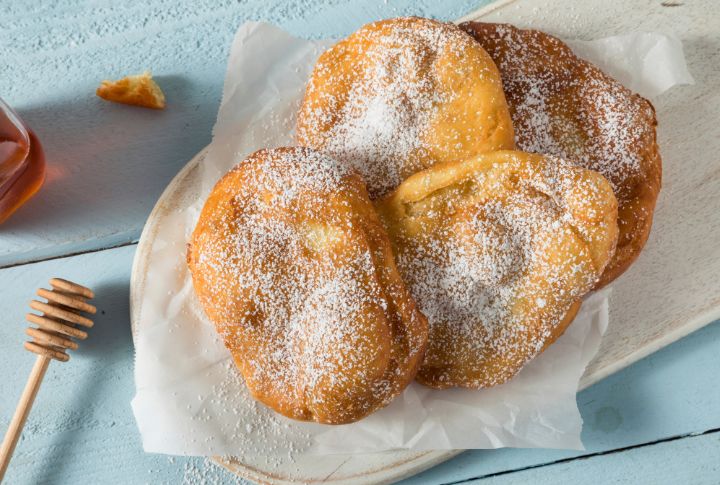
American bread often contains synthetic additives like calcium propionate to extend shelf life. Additives can cause baked goods to glow under UV light and are prohibited in Europe.
Beaver Anus Fear Factor
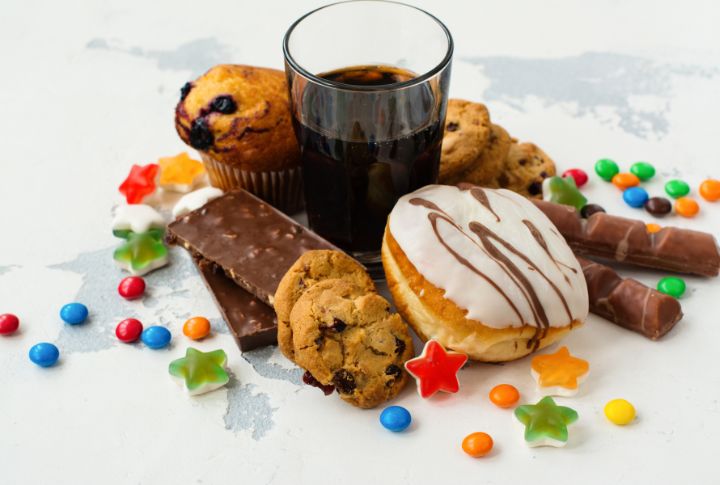
Many American candies, beverages, and baked goods contain castoreum, a flavoring extracted from beaver anal gland secretions. Acquiring a “taste” for this is impossible in Europe, where it’s banned.
Fishy Fillers, You Can’t Swallow
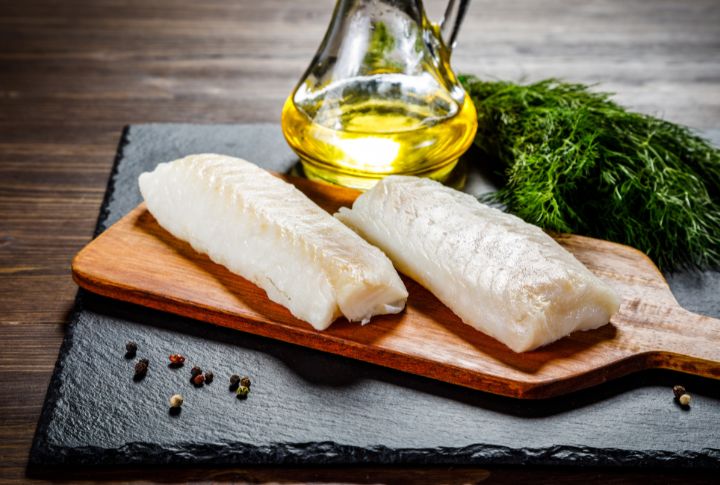
U.S. fish products are often “extended” with artificial plant-based fillers and binders like gelatin and carrageenan to add volume and texture. The EU bans these imitation seafood enhancers.
Cancerous Colors With a Catch
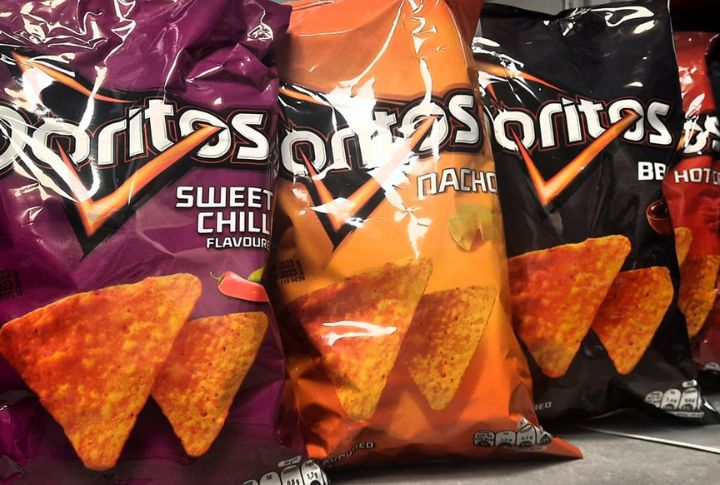
Bright orange Doritos and other snacks get an unnatural glow from synthetic dyes like Red #40 and Yellow #6, which studies link to hyperactivity, cancer, and other health issues. Most are banned in Europe.
The Low-Cal Cancer Cookie
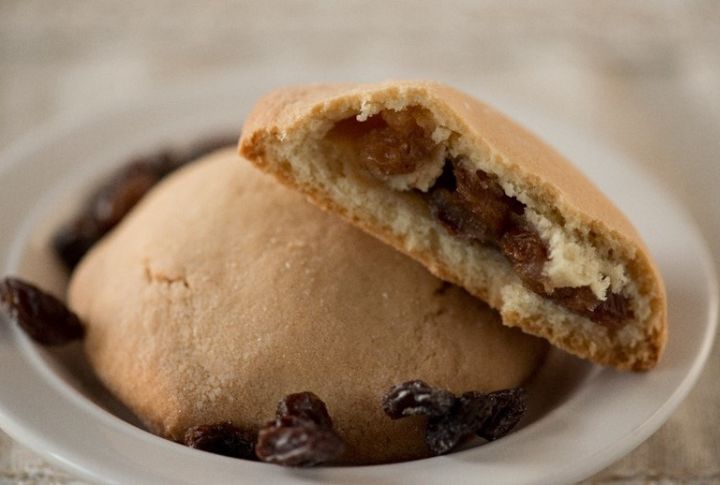
Diet snacks and baked goods in America often contain olestra, a calorie-free fat substitute, that can cause diarrhea and abdominal cramps and may interfere with the absorption of vital nutrients. It’s banned for sale across Europe.
